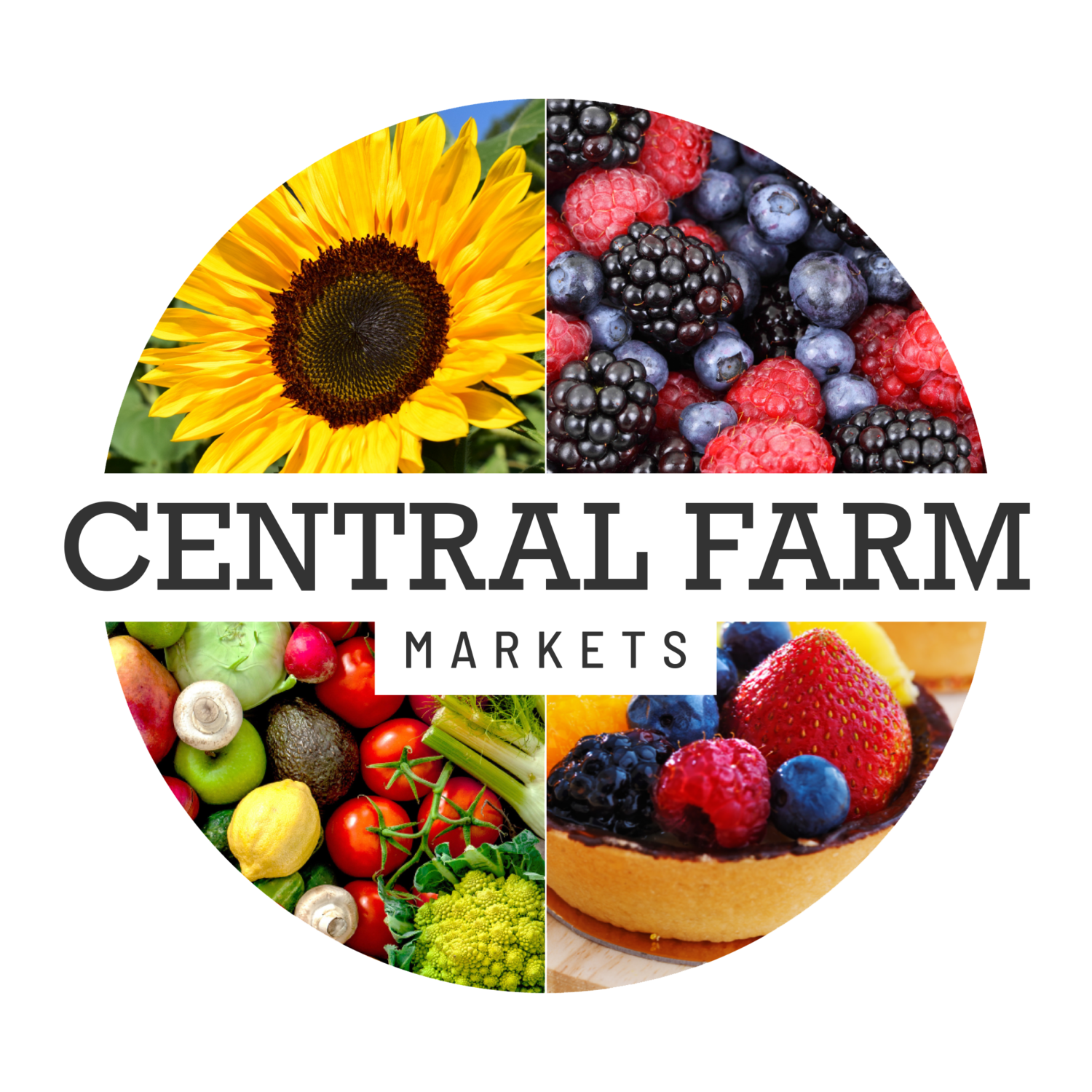V is for Vaccine
Since the vaccine rollout in mid-December over 45 million people have been fully vaccinated. Although that is just shy of 14% of the country’s population, it’s beginning to show. Last Sunday I saw masked faces of customers who hadn’t shopped in person for over a year.
As the months have rolled by vendors have learned to put their pre-orders into two or three piles—Farm to Fridge if they participate, curbside and in-person. Being creatures of habit I’m fairly accurate on how the regulars will procure their pre-ordered market goods…until last week.
Several customers who has opted for curbside since the start of the pandemic lockdowns last March walked into the market last week to pick up their orders. “I am fully vaccinated,” each one told me, their eyes smiling as they took their first steps toward what was once taken for granted. The urge to run around my coolers for a big hug was great, but I knew that I was a week away from my second shot and a few more for immunity.
But not all my customers shared their enthusiasm for Pfizer, Moderna or J&J’s path to safety. “I think I’ll hold off until I see no one grows horns,” said one when I inquired as to theirs and their elderly parent’s status. In jest, I took off my hat to show no horns has sprouted on my head as of yet.
They are far from the only one I’ve encountered hesitant to be vaccinated.
My generation has taken vaccinations for granted. Gone are the scourges of my parents’ generation like polio, although I remember relatives who used crutches because of a bout as a child. There are still plenty of people alive today living with the lingering effects of polio. Global infection rates went from 350,000 in 1988 to 22 in 2017 thanks to vaccinations.
But it’s just not humans who benefit from vaccinations. The truth is if it weren’t for vaccinations against contagious diseases your food would be much more expensive and scarcer. Practically every form of animal protein requires some type of vaccination. From day-old chicks to stocker cattle for beef, vaccinations guard against diseases that have become common due to domestication.
One of the biggest misconceptions is that Certified Organic practices don’t allow vaccinations. Given that many of the treatments for diseases included medications not approved for use in Certified Organic products, prevention is paramount and this includes vaccinations.
Having farmed for over thirty years now I’m often tapped for information by new and beginning farmers. I can’t tell you how many times I’ve received a call about livestock that continually do poorly or die from people who want to farm naturally—aka: without vaccinating. These are usually the same folks who fail to take into understanding the lifecycles of common parasites. Or my favorite, no vaccines are needed because the animals are out on pasture. That’s akin to saying that you won’t get COVID19 because you live in a good neighborhood.
That’s not how disease works.
Backyard chickens are equally susceptible to Marek’s disease (chicken herpes) as industrial flocks numbering in the millions. Pigs from a pig house or ones raised on pasture both need vaccinations to protect them from Mycoplasma (pneumonia), Erysipelas (infectious cellulitus), and Circo Virus, an infectious disease that causes a number of maladies leading to unproductive livestock. Cattle—both beef and dairy—are vaccinated against several transmissible diseases including Infectious Bovine Rhinotracheitis, Bovine Viral Diarrhea, leptospirosis, clostridial and E. coli infections and mastitis. Sheep and goats are susceptible to Clostridium perfringens type C + D and tetanus, yes, tetanus…just like the vaccinations we, as humans, should maintain so we don’t end up with lockjaw from wounds exposed to the spores of the Clostridium tetani bacteria commonly found in the dirt.
A few years ago I actually got my tetanus booster at the farmers market from Dr. Ernie. It cost me a fresh chicken and a dozen eggs. Now that’s a house call!
Consumers have been speaking out against the use of antibiotics in their food for years and farmers have responded. But for anyone who has also complained about the use of vaccinations in livestock intended for food purposes, you can’t have your cake and eat it, too. Without vaccinations, we’d end up with sick animals needing treatment or dead stock.
I’ve heard every excuse there is against vaccinations. Medical research and vaccine production have come a long way from the days of using orphans as human vaccine incubators (yes, we did) and transferring the infection from a sick cow to a healthy person using a scratch from a knife. People will spend hundreds of dollars every year vaccinating their pets but turn their backs on free inoculations in the name of public health. My personal favorite was a tattoo aficionado refusing to get vaccinated because they weren’t going to let anyone inject anything weird into their body. Let’s not gloss over the issue of human cell tissue lines that have been cultivated since the early 1970’s earning the ire of certain religious groups, yet there’s nary a peep when similar cell lines are used in research for cancer and Alzheimer’s.
Disease is a natural part of the biological world. We, as humans, have developed vaccines in response to pestilence that would once have resulted in illness or death.
For the last year I have gone each week to market wondering if this is the week I’ll be exposed to the Corona virus and worried what will become of the farm, my customers, should I contract COVID19 becoming terribly ill or worse. I feared being asymptomatic and passing it along to others to the point for months I made an extra trip to town each week for routine testing. I have always done my best to rely on modern technology to aide in the health of my animals and feel it is prudent that I do the same for myself and my community. How about you?

